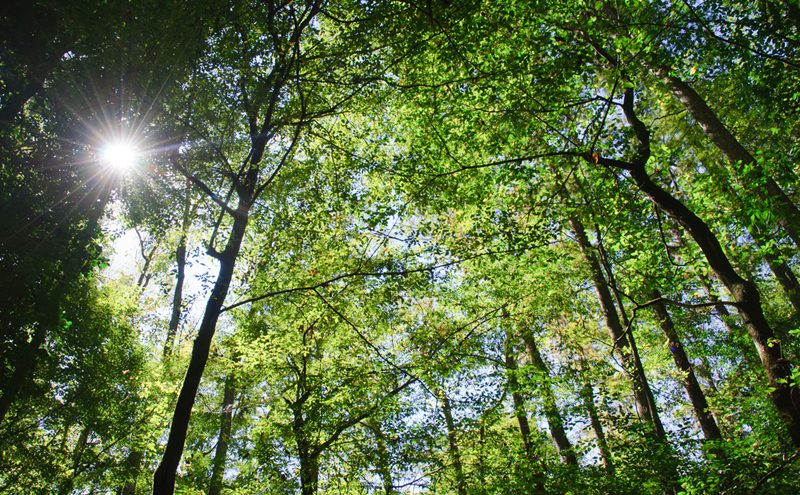
A large group of US-based environmental and forest-protection groups has united to challenge the EU for its decision to continue to label the indiscriminate burning of wood as “carbon neutral” in the latest update to the Renewable Energy Directive (announced on 13 June). A press release from the group called the decision “misguided”.
Much of the wood that is now being burned to produce electricity in the UK and other member states comes from unique and imperiled forests in the American Southeast, an activity whose scale and recklessness was recently the focus of investigations by Channel 4’s Dispatches.
European Union policymakers agreed on 13 June on a new Renewable Energy Directive. Eleventh-hour closed-door lobbying by the UK and others in the EU Council seemingly “scuttled meaningful reform”, and ensures EU policymakers will have to come back to the drawing board on this critical issue, said the group.
The group comprises 18 US-based environmental and forest-protection groups, including the Sierra Club and Greenpeace USA.
“The facts are clear: Burning wood for electricity leads to forest destruction and increased carbon emissions. No policy pronouncement can upend the scientific reality,” said Sasha Stashwick, a senior advocate at the Natural Resources Defense Council. “With this decision, EU negotiators have simply guaranteed that they will be back in the near future negotiating a policy U-turn. The sooner they do so, the better.”
Last week, scientists from around the world came together to warn European policymakers that biomass electricity is not climate solution. As member states compile their climate plans, it is critical they protect forests from the extractive biomass industry and transition to the truly clean, 21st century energy solutions the world needs.
“For those of us living and working in the US South, ground zero for Europe’s wood pellet supply, the impacts are clear, well documented, and devastating,” said Adam Colette, Program Director at Dogwood Alliance. “Until the EU finally wakes up and meaningfully addresses this issue, it will be up to member states to ensure that our forests, communities, and ability to build resiliency against climate change are not undercut by these policies.
Background
In 2009, the EU labeled the use of whole trees and other woody material in electricity production as a “carbon neutral” source of renewable energy, placing it on par with genuinely zero-carbon energy technologies like solar and wind. As a result, the U.K. and other nations pledged massive subsidies to electricity producers to get them to burn wood for fuel. Biomass is now burned for electricity across Europe, which is increasing the continent’s carbon emissions and leading to widespread forest destruction. According to report released last week by the Chatham House, electricity from biomass grew across the EU by 51 percent from 2009 to 2016.
Despite efforts by the EU Parliament to forbid the practice of using whole trees as a source of fuel in power plants, the negotiations in Brussels failed to improve the EU’s biomass policy. Burning wood for large-scale electricity production worsens climate change. On-the-ground investigations and research have shown that the EU’s policies and individual countries’ subsidies are leading to the destruction of some of the world’s most stunning and ecologically valuable forests, including those of the U.S. Southeast.
There was one faint bit of good news in the new EU policy directive, said the group.
EU member states will be allowed to place additional sustainability requirements for biomass fuels that go beyond the insufficient safeguards agreed by the Union. This means it is now up to individual countries to ensure bioenergy sustainability.
Endorsing organizations:
350.org
Clean Air Carolina
Clean Air Task Force
Dogwood Alliance
Earth Ethics, Inc.
Environmental Integrity Project
Friends of the Earth – US
Greenpeace USA
Lakelands Citizens for Clean Air, Inc.
Medical Advocates for Healthy Air
Mighty Earth
Natural Resources Defense Council
Partnership for Policy Integrity
Rachel Carson Council
Sierra Club
Southern Environmental Law Center
The Geos Institute
Washington Forest Law Center







